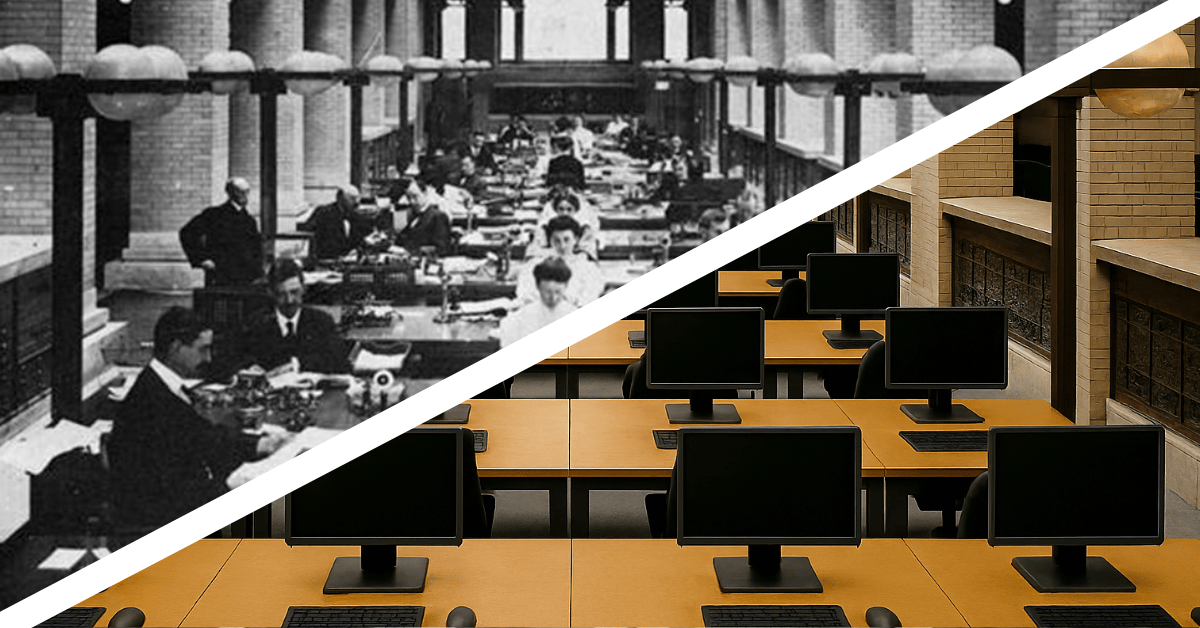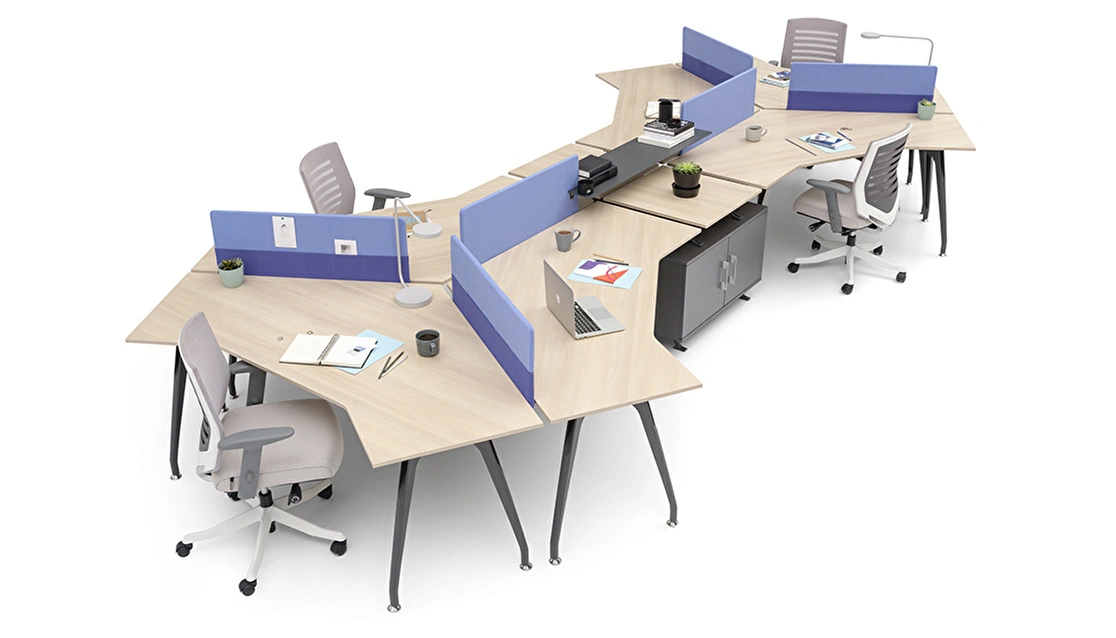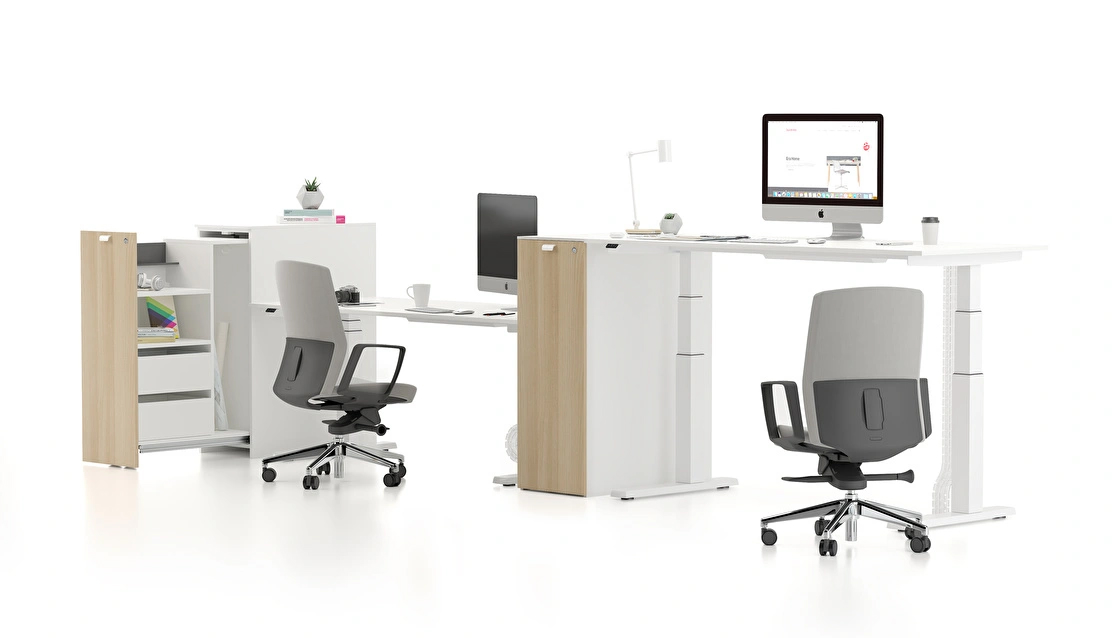
The Evolution of Offices Over Time: A Historical Perspective
Offices have always been more than just workplaces; they reflect the ways of doing business, technological advancements, and social dynamics. From past to present, offices have continuously evolved to increase employee productivity and support business processes.
Ancient Offices: Simple and Functional
In ancient times, administrative rooms and writing spaces were designed for small groups working in a hierarchical structure. Furniture was simple and functional, with little consideration for employee comfort.
The Industrial Revolution: The Rise of Mass Offices
With the Industrial Revolution, factories and trading companies established large offices to standardize business processes. Efficiency became the priority; long tables, rows of chairs, and filing cabinets dominated the space, while employee well-being was often overlooked.
The 20th Century: The Birth of Modern Offices
In the 20th century, offices were redesigned with a focus on employee psychology and social interaction. Open-plan layouts, shared spaces, ergonomic office furniture, and thoughtful interior design solutions were introduced to improve productivity and job satisfaction. Offices were no longer just places to work; they became environments that encouraged creativity and teamwork.
The Digital Era: Flexible and Hybrid Workspaces
Today, technology has transformed offices into flexible, hybrid work environments. Employees can choose their work settings, hold meetings in different spaces, and collaborate creatively across digital and physical platforms.
Modern Office Solutions with Buser Project
At this point, Buser Project stands out with its modern office solutions. Buser Project designs workplaces that balance the aesthetics and functionality of interior architecture and design, while ergonomic office furniture enhances comfort and productivity. From home office setups to large-scale executive offices, Buser Project develops projects tailored to different needs. Modern offices created by Buser Project include flexible work areas, meeting rooms, lounges, and shared spaces that prioritize employee experience. At the same time, by using sustainable materials, Buser Project supports environmentally conscious projects and contributes to corporate social responsibility goals.
Offices have gone through continuous change and transformation throughout history. Today, employee satisfaction, productivity, and creativity form the foundation of modern office design. With its experience and innovative solutions, Buser Project stands as a reliable partner for organizations in this transformation.
